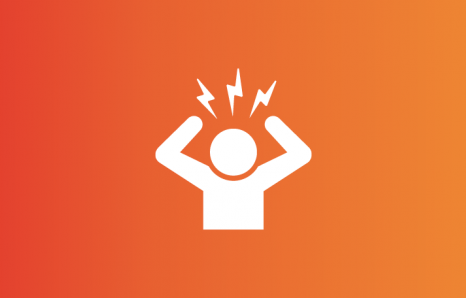Through the many interactions you have with your colleagues, you get to know how they behave. Perhaps you've noticed changes in someone's behaviour, and you're concerned as to how they might be coping? Everyone's experience of mental health is different, so there are no hard and fast rules, however, there are certain signs that you can look out for which may be indicative of low mental wellbeing. In this session, Sean Liddell, a Mental Health First Aid Trainer helps you to recognise them.
You may also be interested in:

Men’s mental health
This Men’s Health Week our panelists delve into the meaningful issues that matter to men. Our guests fearlessly address a range of topics, including work challenges, relationships, family pressures, addiction, and financial security. Discover valuable insights and practical advice to help navigate the complexities of modern life.

How to be your own therapist
Modern life is a minefield for stress. Whether it’s juggling work, relationships or money, we often struggle to make time for ourselves and can find ourselves stuck in a rut with bad habits or worries. In this session, Owen O’Kane reveals how simple and short techniques throughout the day can form healthier perspectives and let you ditch harmful thought patterns.

How to be a better listener
You can feel confident in supporting others with these tips on how to be a better listener. Watch May’s 5-Minute Wellbeing video from Dave Brown at the charity Samaritans.
